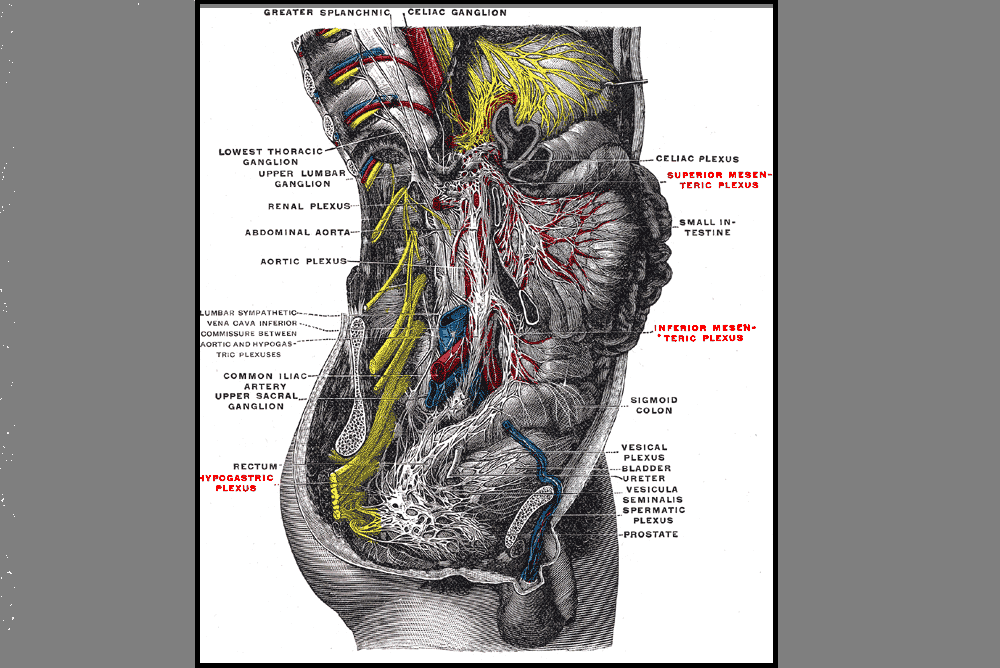The Value of Dialog Regarding Birth Experience
Postpartum depression is a very real, frequently occurring phenomenon that has potentially serious adverse effects on the mother, the child, and on the family as a whole. Serious consequences can include, according to McCoy et al, marital disruption, child neglect or abuse, and suicide. While there are many factors including hormonal shifts that can influence a woman in the postpartum period, strong predictive risk factors can include age less than 25, readmission to the hospital, inability to breastfeed, and lower self-reported health of the mother. A rehabilitation professional is uniquely poised to monitor a postpartum woman over an episode of care and can screen for changes in mood, behavior, or identify risk factors.
Screening for postpartum depression is often completed clinically utilizing the Edinburgh Postnatal Depression Scale. There is a shortened version, the EPDS-3, that asks about self-blame, states of anxiety, and feeling scared, and the shortened version has been documented to have excellent sensitivity. Postpartum psychosis and postpartum post-traumatic stress disorder can also negatively impact a woman's health and a provider needs to be alert for concerning symptoms.
Satisfaction with birth experience has been found to be a risk factor for developing postpartum depression. While we cannot affect a mother's birth experience after the fact, we can offer witness to her feelings, thoughts, and concerns, and we can offer support as rehabilitation professionals. What better way to learn about a patient's challenges and current sense of health than to allow a woman to share her experiences about pregnancy, labor and delivery. Inquiring in an open, non-judgmental manner about a patient's history can provide space for a patient to describe her experiences, perceptions, joys, and concerns. Having a working knowledge of the risk factors allows for therapeutic conversations and referrals in the clinical setting.
In the postpartum course, we discuss the above issues as well as how to observe, listen to, and assess a woman who may need referral for postpartum mental health screening. We also discuss the recent research shedding light on issues of depression in new fathers. The next opportunity to take Care of the Postpartum Patient is in Oakland, CA at the end of March. A great resource page on the womenshealth.gov website is the "Depression During and After Pregnancy Fact Sheet" that can be printed out and shared with patients. Other links and information is also located on the website that can be accessed by clicking here.
By accepting you will be accessing a service provided by a third-party external to https://hermanwallace.com./








































